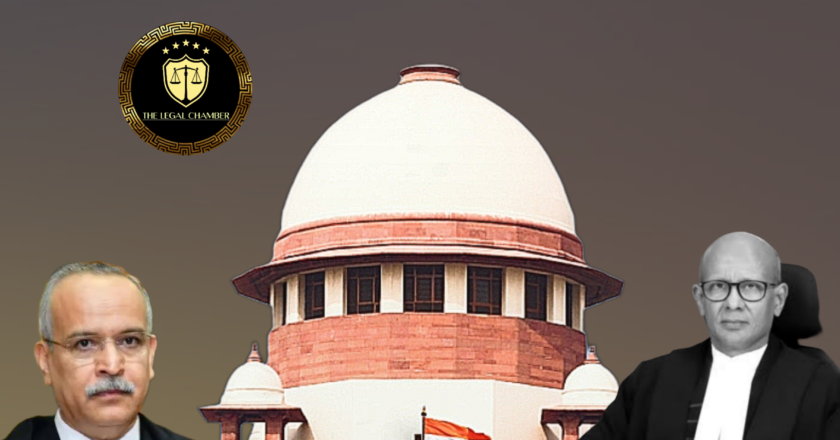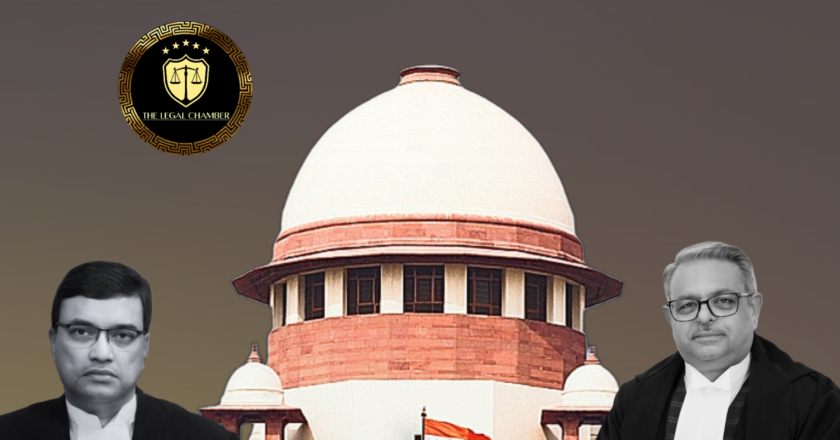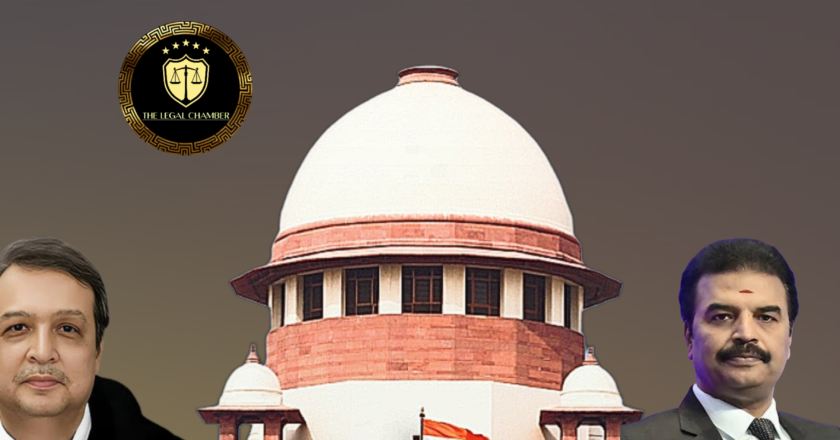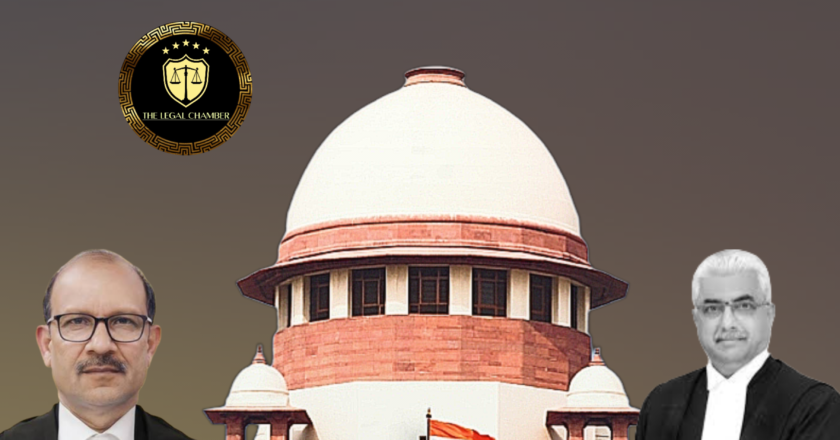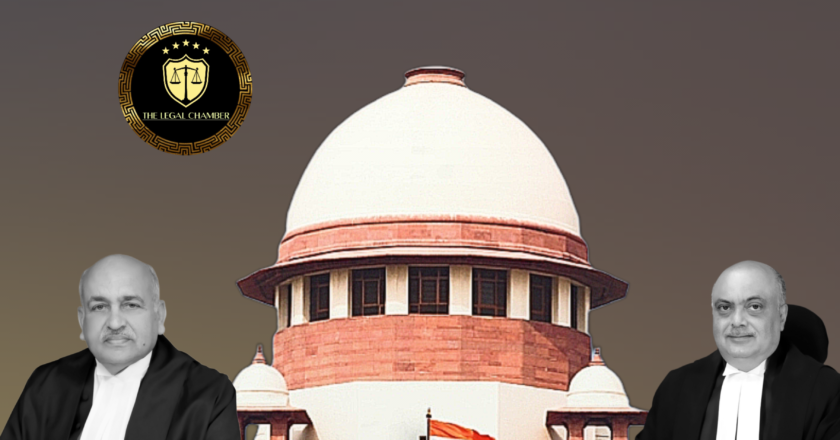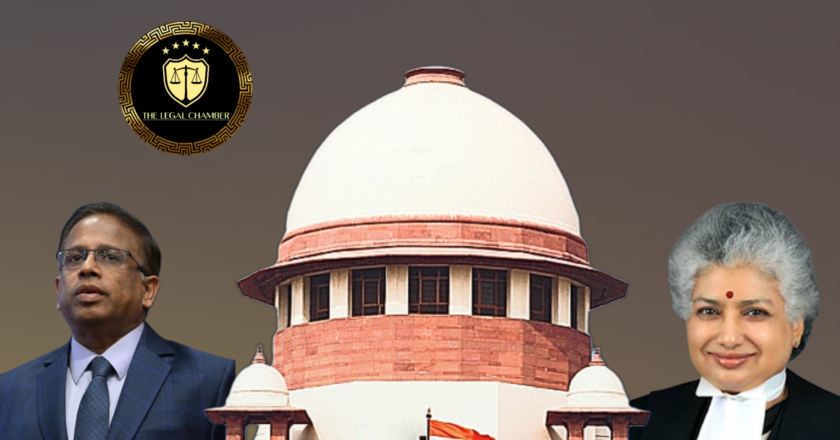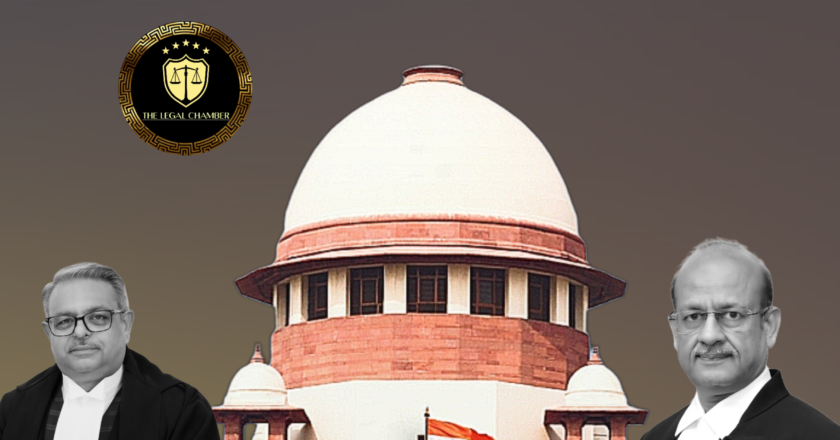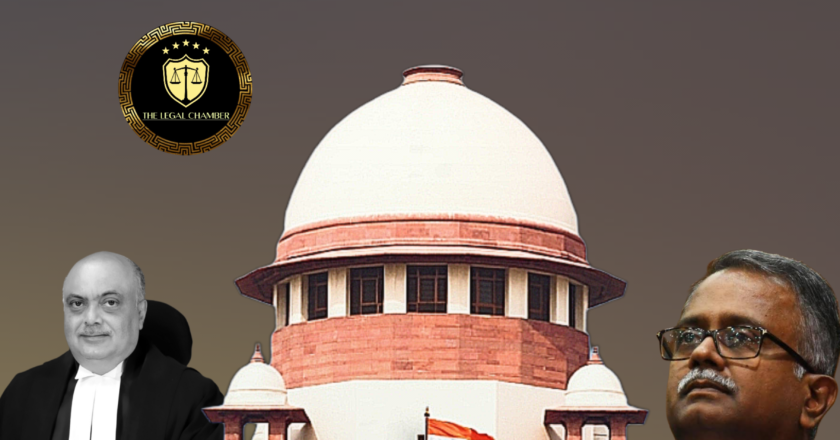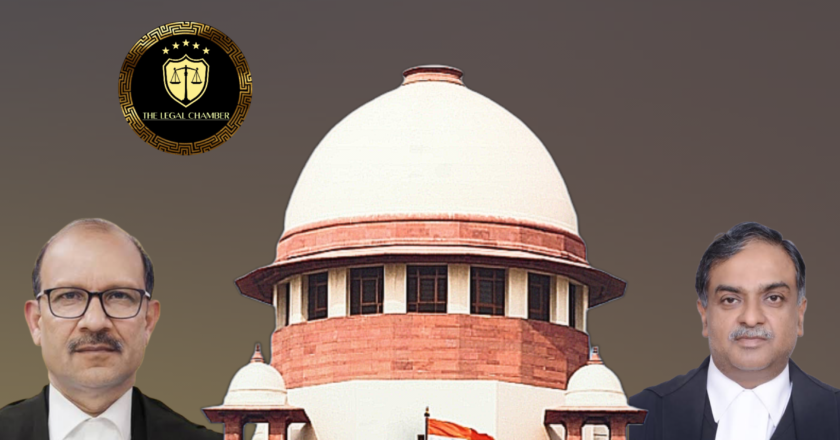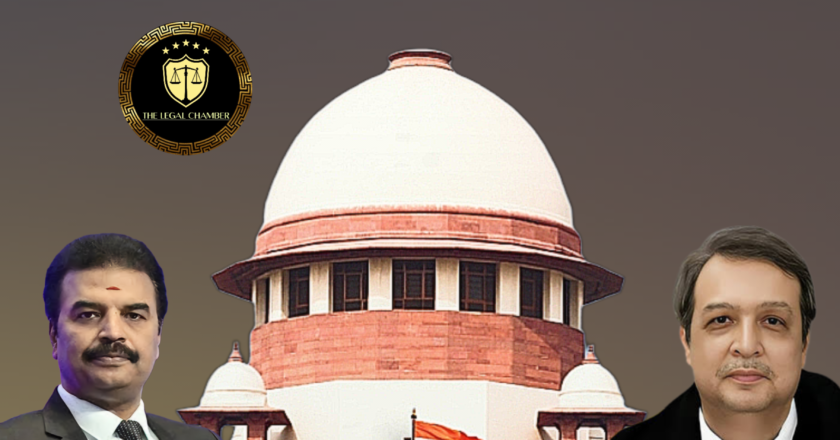Supreme Court Ruling: No Certified Copy, No Appeal – NCLAT’s Order Set Aside on Technical Ground
The Supreme Court held that an appeal against an NCLT order under the IBC must be filed within 30 days from the date of its pronouncement. It reiterated that mandatory filing of a certified copy of the impugned order is integral to a valid appeal, and non-compliance renders the appeal barred by limitation.
Facts Of The Case:
The case originated from an order dated June 23, 2023, passed by the National Company Law Tribunal (NCLT), Mumbai Bench, which approved a resolution plan submitted by Ashdan Properties Pvt. Ltd. in the corporate insolvency resolution process of the corporate debtor. The respondent, DSK Global Education and Research Pvt. Ltd., being aggrieved by this order, filed an appeal before the National Company Law Appellate Tribunal (NCLAT) challenging the NCLT's decision. The ...
